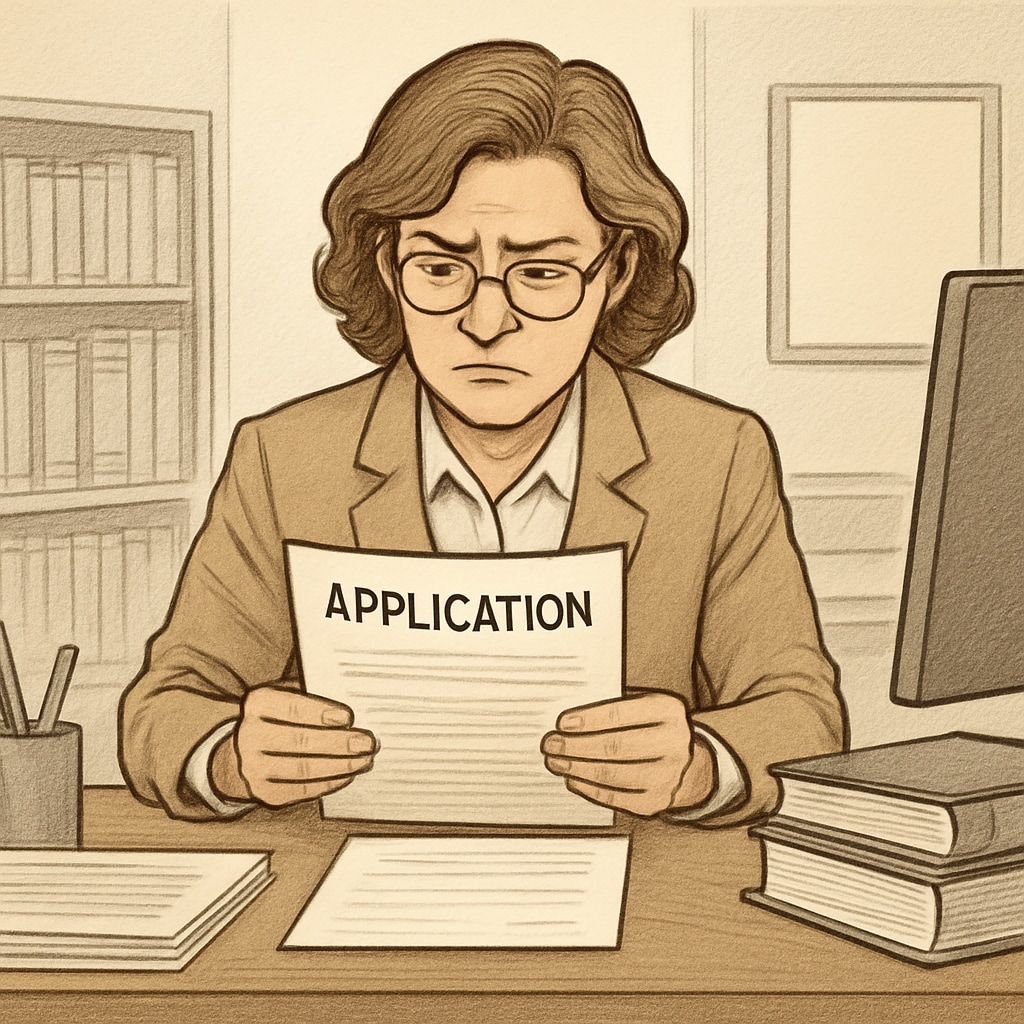Oklahoma recently implemented a controversial policy requiring out-of-state teacher applicants to undergo political stance tests as part of their hiring process. This unprecedented move, aimed at aligning educational values with state-specific ideologies, has ignited widespread debate among educators, policymakers, and the broader public. The policy raises critical questions about the intersection of education and political influence, as well as its potential impact on teacher recruitment and student learning environments.
Understanding Oklahoma’s Screening Policy
The political stance screening policy requires prospective out-of-state teachers to disclose their ideological views during the hiring process. Supporters argue that the measure ensures educators align with the state’s conservative values, fostering a more cohesive ideological foundation in schools. Critics, however, contend that this approach undermines the neutrality of education and risks alienating qualified professionals based on their personal beliefs.

Such policies are not entirely new in the U.S., where states occasionally impose requirements emphasizing cultural or ideological compatibility. However, Oklahoma’s explicit focus on political leanings sets a precedent that blurs the lines between professional qualifications and personal ideologies. The resulting implications could have far-reaching consequences for both teacher diversity and classroom dynamics.
Potential Impacts on Education and Recruitment
One major concern is the potential chilling effect on teacher recruitment. Restricting applicants based on political beliefs may deter highly skilled educators who fear their views could disqualify them. As a result, Oklahoma risks exacerbating the nationwide teacher shortage, particularly in critical subjects like STEM (science, technology, engineering, and mathematics).
Additionally, the policy could lead to homogenized classroom environments that stifle critical thinking and diverse perspectives. Students benefit from exposure to a variety of viewpoints, fostering empathy and analytical skills. Limiting these opportunities might hinder their ability to navigate complex societal issues in a polarized world.
On a broader scale, this policy could set a concerning precedent for other states, encouraging politicized hiring practices in education. If widely adopted, such measures might erode the foundational principle that public education serves all students, regardless of political affiliations.

Balancing Education and Politics: A Complex Debate
While proponents of the policy argue it protects local values and traditions, critics highlight the dangers of politicizing education. Schools are traditionally viewed as neutral spaces dedicated to academic growth and intellectual exploration. Introducing ideological filters into hiring processes risks transforming these spaces into battlegrounds for political agendas.
Moreover, this policy raises legal and ethical questions. The U.S. Constitution protects freedom of speech and beliefs, and filtering applicants based on political affiliation may conflict with those principles. Legal challenges could arise, further complicating the implementation and sustainability of such policies.
Striking a balance between respecting local values and maintaining educational neutrality is essential. Policymakers must consider whether such measures genuinely benefit students or merely serve as tools for ideological enforcement.
Conclusion: A Call for Reflection
Oklahoma’s political stance screening policy for teacher applicants underscores the growing politicization of education in America. While the state may view this step as a means of preserving cultural integrity, the broader implications warrant careful examination. Education should remain a space for intellectual growth and diverse perspectives, rather than a platform for ideological conformity.
As this debate unfolds, stakeholders—including educators, parents, and policymakers—must collectively reflect on the role of politics in shaping public education. By prioritizing inclusivity and professional excellence, states can ensure their schools empower students to thrive in an increasingly complex and interconnected world.
For further reading on education policies and their impacts, explore resources like the Education Policy entry on Wikipedia or the Education overview on Britannica.


